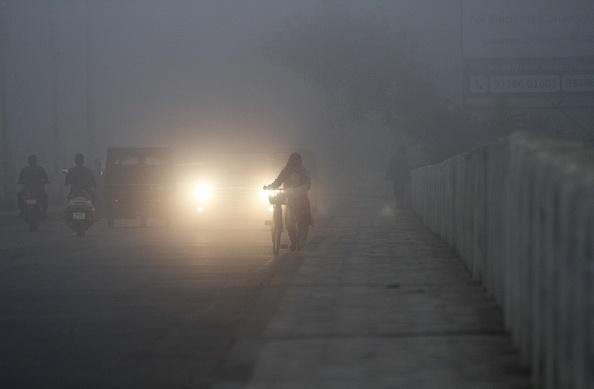Why India Won't Be Adopting Self-Driving Technology
India has made great strides to limit coal mining in their future, but one technology they won't be pursuing is self-driving vehicles. The announcement on Tuesday was met with criticism, but the country's urban areas could make autonomy tricky.
Updated Nov. 19 2020, 9:39 p.m. ET
Most of the world is embracing the future of autonomous driving. Car manufacturers continue to implement automation features, like Tesla’s Autopilot or Mercedes-Benz’s Distronic Plus. It’s paving the way for higher-level self-driving vehicles, but don’t count India among the countries adopting this technology anytime soon.
Nitin Gadkari, India’s minister of transport and highways, gave no room for discussion on the future of autonomy in a statement on Tuesday: “We won’t allow driverless cars in India. I am very clear on this. We won’t allow any technology that takes away jobs. In a country where you have unemployment, you can’t have a technology that ends up taking people’s jobs.”
India is extra careful about stagnation in the job industry after lowering their unemployment rate. Last August, unemployment nearly hit 10 percent of the population and it ballooned past 11 percent in urban areas. Since then, it’s dropped down to 3.8 percent overall as of last June and continues to fall. Much of that has been due to creating more opportunities in rural areas.
Taking a closer look, these new opportunities are mostly under the Mahatma Gandhi National Rural Employment Guarantee Act (MGNREGA) and are limited jobs that improve the environment, such as flood control and reforestation. It isn’t the same as how most of us perceive lowering the unemployment rate. Therefore, India doesn’t want to limit or decrease any job opportunities.
It’s an interesting approach considering that India has been pursuing a renewable future. They’re looking to cut back on coal mining to decrease smog that’s congested the country, which is good for those that want to walk around the cities but it will put some out of work. They have set goals to only sell electric vehicles by 2030, and they could provide more job opportunities by manufacturing batteries instead of importing them.
According to the Hindustan Times, the announcement also interferes with a proposed bill that would allow the “research and development” of this technology in India. Abdul Majeed, an executive director at Price Waterhouse in India, stated in the same article that this was an old methodology that failed in the past: “There was a similar debate when computers came in. Not all technology leads to joblessness. You have to have the right balance. Technology has to coexist.”
Another problem is that India may not even be ready for autonomous driving. Engadget explains that Uber and Google, who have been exploring the new technology, would be worried about the safety as driving in urban areas is a mess with “pedestrians, livestock, unsignaled lane merges, and lack of signage.” Cameras and GPS systems could have many problems avoiding traffic issues and it would take lengthy testing periods before it’s ready for the public.

